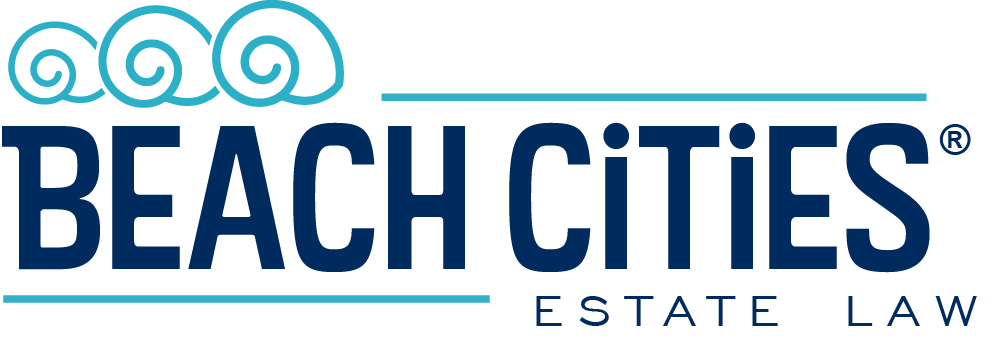Whether you benefited from a charity’s services in the past or you just want to pay it forward, you can incorporate charitable giving into your estate plan. Charitable giving is not limited to “charities” – you can plan gifts to universities, political organizations, societies, and non-profit advocacy groups. Here are a few ways you can give back.
Lifetime Donations
Probably the simplest way to give to charities is by making lifetime donations. If you donate to nonprofit organizations (often called 501(c)(3)s after the section of the Internal Revenue Code), your donation should be tax-deductible.
In Your Will or Trust
Another easy way to benefit a charity is by naming the charity in your will or trust. Designating charities as beneficiaries can reduce your estate tax liability in some circumstances, maximizing the value of your estate to other beneficiaries such as relatives. Some people decide to give a charity the “remainder” of their estate, meaning everything that is left after specific gifts to relatives have been made.
Form a Charitable Trust
Your estate plan could include one or more of the various types of charitable trusts. A charitable remainder trust (CRT) provides income to you for a set period of years. At the end of the period, the remainder of the assets held in trust go to the designated charity. A charitable lead trust does the opposite: it provides income to the charity for a set period, and the remainder goes to beneficiaries of your choice.
Retirement Accounts
You can leave your retirement accounts, such as IRAs and 401(k)s, to charities. All you need to do is designate the charity of your choice as the beneficiary. If the charity is tax-exempt, it will receive the value of your account tax-free. In contrast, individual beneficiaries without tax-exempt status will face significant income taxes on the contents of retirement accounts.
Donor-Advised Fund or Pooled Income Fund
Charities have developed several other trust-like structures to accept donations. A donor-advised fund is an account with a public charity to which you make donations of assets over time. You can contribute many kinds of assets and get tax deductions each time you contribute. The charity has legal control over everything you contribute, but you have a say in how the funds should be distributed and how to invest the assets. A pooled income fund is a trust or trust-like structure administered by a public charity, to which you can make tax-deductible contributions along with other donors. You receive income from the contributions during your lifetime and control of the funds goes to the charity when you pass away.
Planning your estate? Angela Klenk, Esq. and the team at Beach Cities Estate Law couple personalized attention to your estate plan with big law firm experience for a winning combination to give you peace of mind. To schedule a case evaluation, visit Beach Cities Estate Law online or call Angela’s office at (424) 400-2125.

